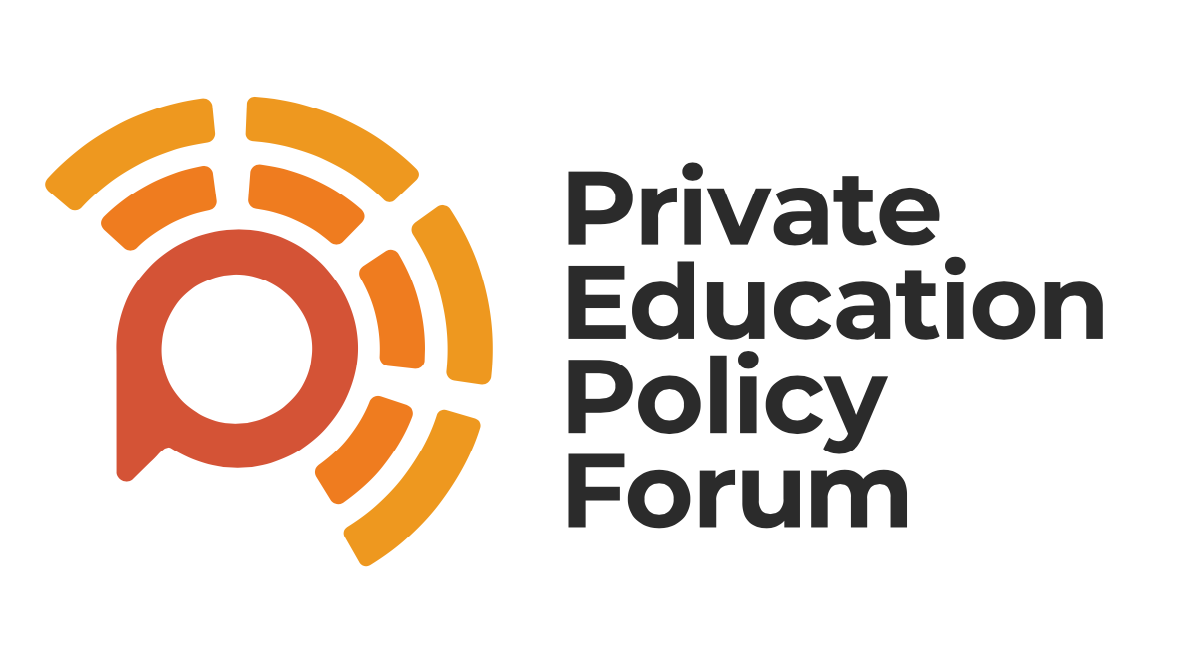
Title:
Private Schools and the Provision of “Public Benefit”
Authors:
R. Wilde, F. Green, P. Taylor-Gooby and S. Wiborg (2016) in Journal of Social Policy 45(2): 305-323
What’s it about?
Many private schools are classed as ‘charities’, which helps them reduce their tax bills. For example, private schools in England and Wales only have to pay one fifth of the local rates that other schools and businesses pay.
However, in return schools must provide at least a minimum of ‘public benefit’ for the wider public. In an important legal case in 2011, it was settled that the schools themselves could determine how that public benefit would be delivered. This means that the trustees’ and headteachers’ objectives are crucial in deciding what kind of public benefits are provided, and how much. This is a study of their objectives.
Methodology
The researchers conducted semi-structured, in-depth interviews in 2014 with the headteachers of a range of schools of different types (all but one were charities) , and the leaders of two private school associations. They also drew evidence from multiple Charities Commission reports, from private school accounts, and from the annual Independent Schools Census.
The research was funded by the UK Economic and Social Research Council. It is scientifically peer-reviewed and open access.
What are the findings?
-
While views can be diverse, some headteachers feel they have a responsibility to provide some ‘public benefit’ for the socially disadvantaged.
This benefit is typically interpreted to include: bursaries, fundraising or volunteer activities, and ‘partnerships’ — anything from allowing the use of sports fields (quite common) to sponsoring a state school (rare).
-
‘Public benefits’ are also of private benefit to schools, and can be seen as ‘enlightened self-interest’. For example, the provision of each bursary can improve a little the social mix of the school. Partial bursaries raise revenues, in the same way as special offers help retailers. Heads consciously balance these advantages of public benefits against their costs.
-
Schools are not in practice affected by the legal obligation that they should offer ‘more than tokenistic’ public benefits. Headteachers maintain that what they choose to provide is above the minimum anyway.
-
Some headteachers are aware of the negative effects of bursaries ‘creaming off’ bright children from local state schools. Heads are also conscious of the financial limitations of what can be done for public benefit.
The findings highlight some of the difficulties that would be faced by any government that sought to pursue redistributive educational policies through charity law as it stands.
What are the limitations of this research?
Only 13 schools were covered.
Explained by: Francis Green, professor of work and education economics at UCL Institute of Education



